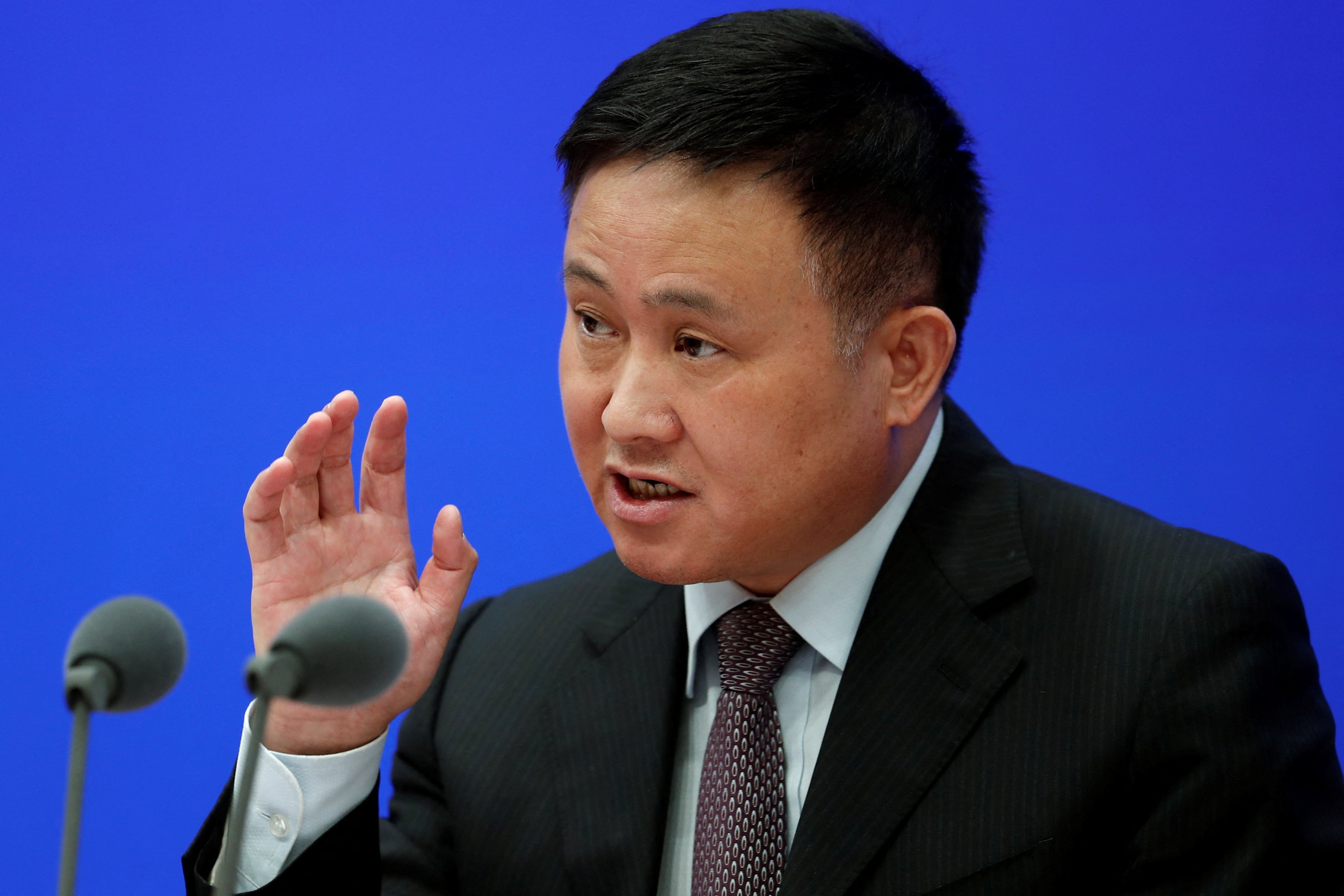China, an economic powerhouse, is poised to usher in a new era of fiscal governance as it prepares to appoint a new central bank governor. The move comes amid mounting economic challenges and underscores the country's commitment to maintaining fiscal stability. In this article, we examine the significance of this development and its potential impact on China's economy and global financial markets.
China's central bank: economic turmoil:China's central bank, officially known as the People's Bank of China (PBOC), plays an important role in the country's monetary policy and financial system management. It is responsible for maintaining price stability, regulating the banking sector and facilitating economic growth. With a wide scope of powers, the appointment of a new central bank governor is of great importance.
Transformational Leadership: A Strategic Initiative:The decision to appoint a new central bank governor is in line with China's strategic approach to transition leadership at key institutions. This step signifies the nation's determination to strengthen its economic base and adaptability to meet emerging global challenges.
Prioritizing Stability in Uncertain Times:The timing of this leadership change is particularly noteworthy given the current economic climate. As China grapples with internal and external pressures, including trade disputes and the ongoing global pandemic, the appointment aims to ensure continuity and stability in fiscal policies. By electing a competent leader, China seeks to build investor confidence, strengthen its domestic markets and strengthen its position as a global financial center.
Implications for China's Economy:The appointment of a new central bank governor will have significant implications for China's economy. A competent leader can guide fiscal policies that strike a delicate balance between stimulating economic growth, curbing inflationary pressures, and safeguarding financial stability. The appointment provides an opportunity to realign strategies and ensure resilience against potential economic shocks.
Impact of Global Financial Market:Given China's pivotal role in the global economy, any change in the leadership of its central bank naturally attracts worldwide attention. The appointment of a new governor could lead to adjustments in China's fiscal policies, which would affect interest rates, exchange rates and capital flows. These changes, in turn, could have far-reaching consequences for global financial markets, creating both risks and opportunities for international investors.
Enhancing Financial Reforms:China's decision to appoint a new central bank governor also underscores its ongoing commitment to financial reform. The new leader is expected to continue reforms to improve the efficiency and transparency of the financial sector, while tackling challenges such as rising debt levels and the sustainability of growth. Such measures can contribute to the long-term stability and stability of China's economy.
Result:China's plan to appoint a new central bank governor represents an important step in boosting the country's economic momentum amid turbulent times. The appointment serves as a strategic initiative to strengthen financial stability, instill investor confidence and guide the country's fiscal policies in the face of global challenges. As China embraces this new leadership, the world will be closely watching subsequent policies and reforms, recognizing the potential impact on both the Chinese economy and global financial markets.





0 Comments